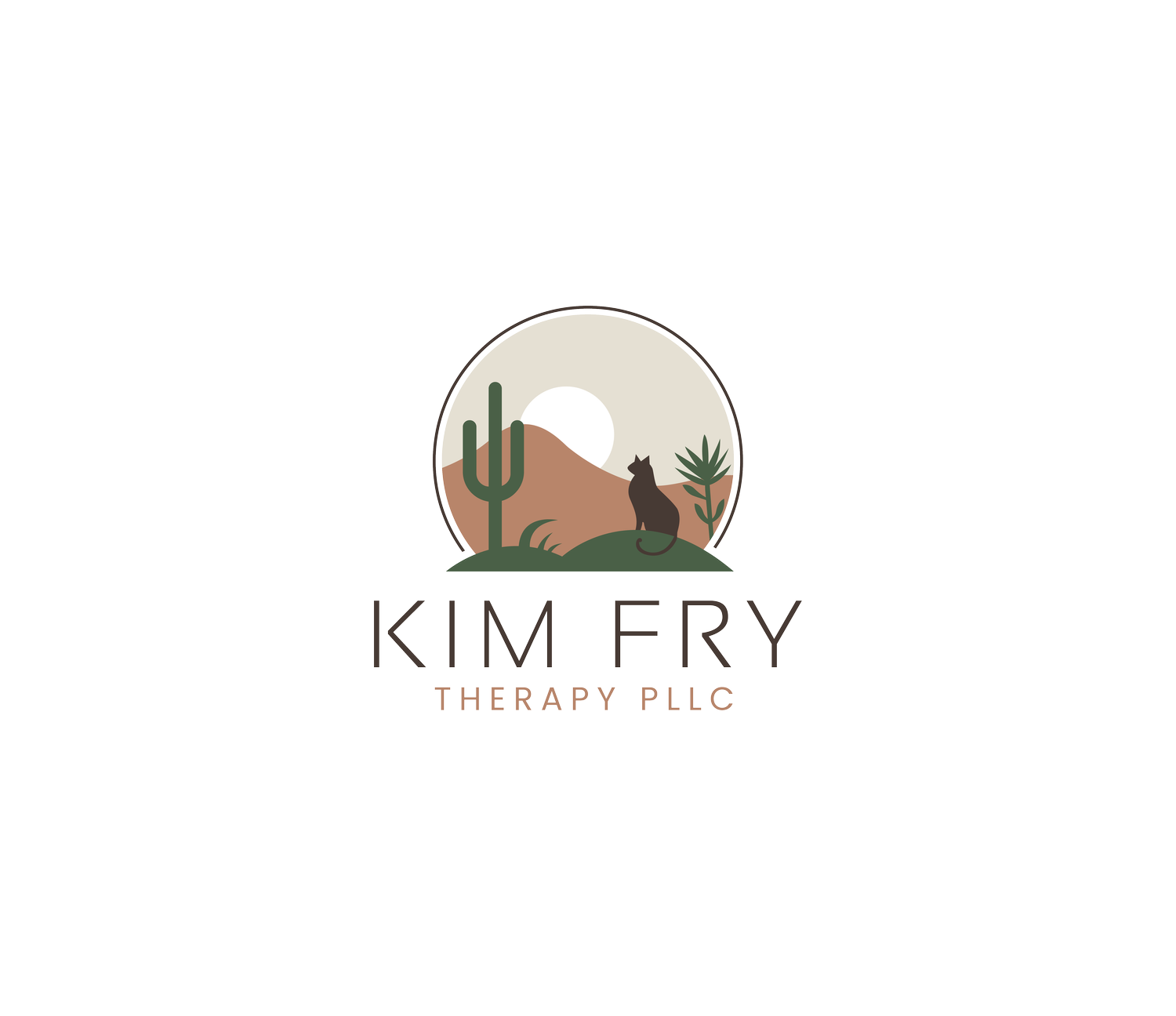Becoming an LMFT-A: 6 Familiar Post-Grad Experiences
You’ve graduated, passed your exams, landed your associate license, and maybe even started seeing your first clients. Congratulations!!
But now you’re sitting in a therapy room (or on a telehealth call) thinking:
“Wait… am I really ready to do this?” or, my personal favorite, “Who let me do this????”
You're not alone. The leap from grad school to real-world therapy is exciting, empowering, and deeply meaningful, but it’s also full of things no one really prepared you for.
Let’s name some of the big ones.
1. You’re Not Graded Anymore, But You Still Might Feel Like You’re Failing
Grad school gives you structure, syllabi, and feedback. In the real world, it’s just you, your client, and a quiet moment after a session where you wonder,
“Did that even help?”
There’s no grade at the end of the day. Instead, you’re learning to tolerate ambiguity, to reflect instead of evaluate, and to know that “I did my best with what I knew today” is enough.
2. Clients Don’t Always Show Up Like the Textbook Said
Grad school gives you the frameworks, but in practice, things are rarely so clean. You’ll meet clients who:
Don’t speak for the first 10 minutes
Say, “I don’t know” to every question
Cry while telling a joke
Laugh while describing trauma
Cancel four weeks in a row
And you’ll still be doing therapy. Real people are complex, and so is the healing process.
3. You Might Feel Like You’re the Only One Struggling (You’re Not)
Other LMFT-Associates may look confident, but trust me, everyone (even therapists doing this for decades) struggles with impostor syndrome.
In my opinion, it’s those who question themselves and stay open to growth opportunities that make the greatest leaps. Clinical identity doesn’t arrive all at once. It builds over time, through repetition, self-reflection, and good supervision.
4. Supervision May Become A Lifeline (or A Launchpad)
The quality of your supervision can make or break your experience. This is where you process the stuck sessions, the emotional residue, the doubts, the wins, the “I wish I had said…” moments.
A great supervisor isn’t just there to “check your hours” or create a carbon copy of themselves. They’re there to help you develop your voice, your confidence, and your trust in yourself.
5. You’ll Discover That Your Presence Is More Powerful Than Your Plan
In grad school, you probably spent a lot of time preparing interventions, writing treatment plans, and memorizing theory. That’s important.
But in real-world therapy? Your clients will remember:
How safe they felt with you
How you stayed grounded when they couldn’t
How you listened with your full attention
That moment you didn’t rush to fix, but sat with them in the hard stuff
I like to say, “Abandon your agenda, all ye who enter.” Give yourself permission to be with, rather than attempt to do for.
6. You’re Becoming, And That’s the Point
You’re not supposed to feel like a fully formed therapist the second you graduate. You’re allowed to:
Not know
Ask questions
Mess up and repair
Keep learning
Be human
This is the season of becoming. And there is no shame in the messiness of it. It’s part of what makes you a thoughtful, reflective, and real therapist.
Final Thoughts
The transition from grad school to real therapy work is a lot, emotionally, intellectually, and spiritually. Remember that you’re not “doing it wrong” simply because you feel overwhelmed. You’re a human too, make sure to take care of yourself throughout this season of massive growth and transition.
Need a Supervisor Who’s Been There?
I specialize in supervision for LMFT-Associates across Texas who want to feel grounded, intuitive, and supported as they find their voice as therapists.
👉 Contact me to schedule a free consultation here
👉 Grab my freebie: 30 Must-Have Resources for LMFT Associates
You’re not behind. You’re exactly where you’re supposed to be.

